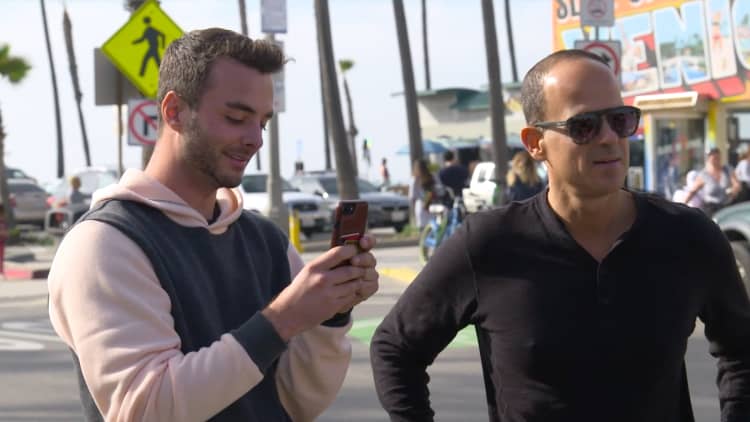Brands pay billions of dollars globally a year to promote their products through influencers who have sizable followings on top social media sites. But a new report suggests that, for a good chunk of their spending, those advertisers are getting ripped off.
Influencer marketing gives brands of all sizes a way to reach relevant audiences on platforms such as Instagram, Snapchat or YouTube in a way that might feel more authentic to a consumer. To appear more influential than they actually are, influencers can buy fake followers and pay for bots to like or comment on their posts.
That fraudulent activity is costing advertisers $1.3 billion this year, according to a report from Cheq, a cybersecurity company focused on the digital media space, and University of Baltimore economist and professor Roberto Cavazos.
The fraud figure represents about 15% of what the report predicts will be an $8.5 billion market this year in spending on global influencer marketing. Cheq derived the amount of expected fraud through an analysis of its own data, a review of services that exist to provide fake social media engagement, and research and surveys on the subject, said Daniel Avital, Cheq's chief strategy officer. The analysis was part of a series of reports Cheq is publishing on the monetary cost of bad actors on the internet.
Having social media influence can be lucrative. According to the Cheq report, a "micro influencer" with 10,000 followers can make $250 for a sponsored post, while someone with a million or two followers can make $250,000 per post. Even individuals with 500 followers can get cash for posts. Followers don't necessarily mean sales, though, as one Instagram star recently discovered. Arianna Renee, who has 2.6 million followers, recently tried to launch a clothing line but had to scrap it after selling very few products.
While there are plenty of legitimate influencers in the business, the opportunity also draws bad actors who turn to bots and click farms to juice their engagement numbers.
"It used to be you had to be a Kim Kardashian or Kylie Jenner kind of person to be an influencer," Avital said. Now there are so many "tiers of influencer" that people with very niche followings can get involved in the business.
Avital said brands using influencer marketing should invest in their own vetting programs to ensure their influencers are legitimate. Though it requires time and labor, it's "not a cybersecurity challenge," he said. "It's quite easy to understand if their followers are bogus."
Consumers can also examine the legitimacy of influencers who are pitching them products by doing some analysis of their own.
"Say the person has 70,000 followers and they get 100 likes and zero comments per post — that red flag should go up," said Mae Karwowski, founder and CEO of influencer marketing agency Obviously. Low engagement might mean that influencer is making content their followers don't care about or they might not have real followers, she said.
Social platforms are making changes that might affect how fraudsters operate. For example, Instagram said last week it is expanding its test to hide "likes" in more markets.
Bob Gilbreath, general manager of influencer and social media marketing firm Ahalogy, said that type of move could create less pressure to engage in fraud because some brands currently only pay influencers if they receive a certain number of likes.
"The more we can clean it up and move away from anybody gaming the system, even if it makes our jobs harder, it will be better" for the industry, Gilbreath said.
WATCH: Marcus Lemonis challenges two social media influencers



